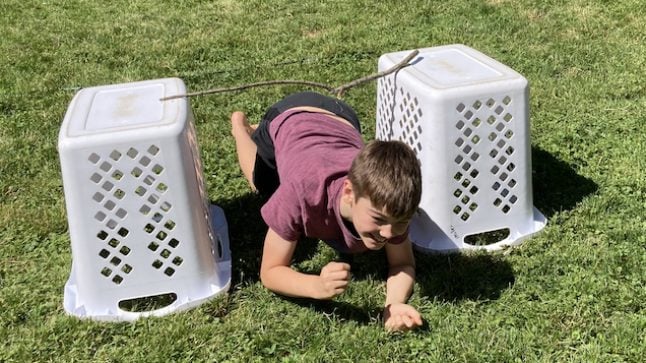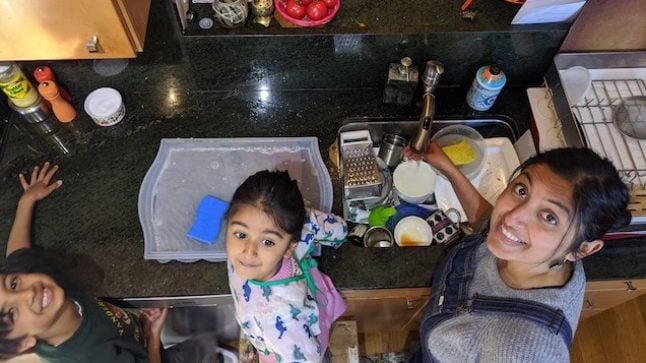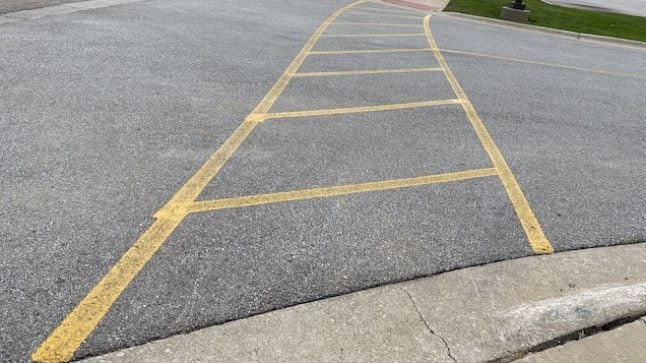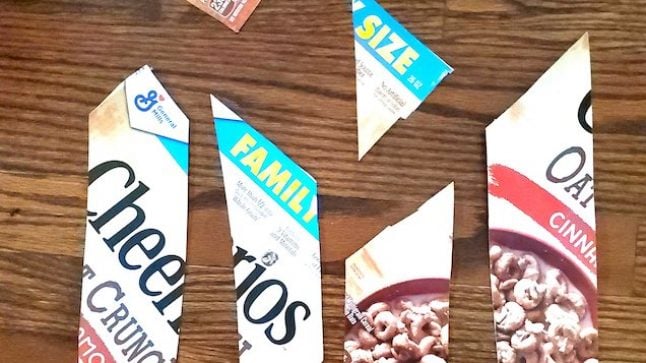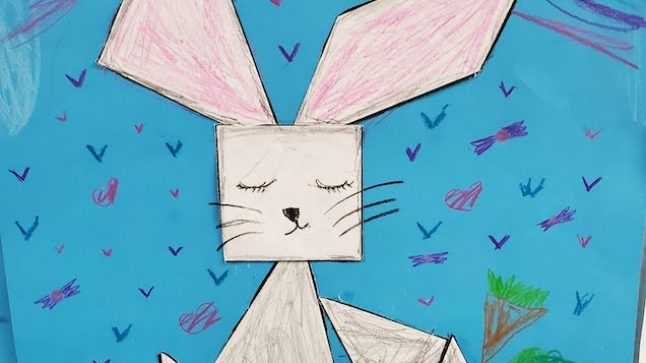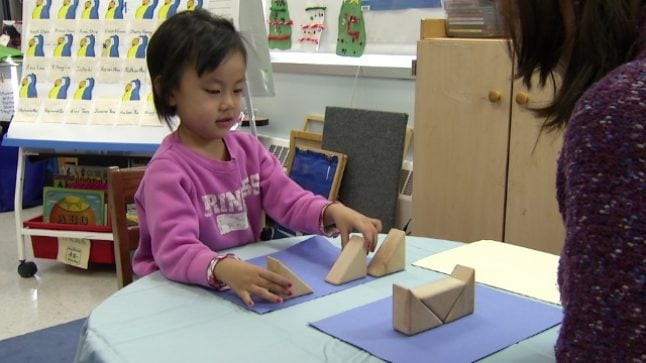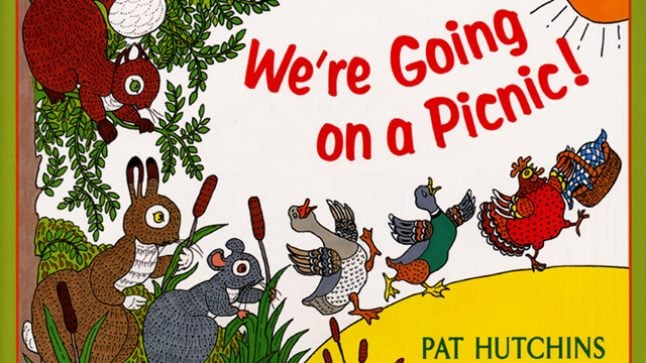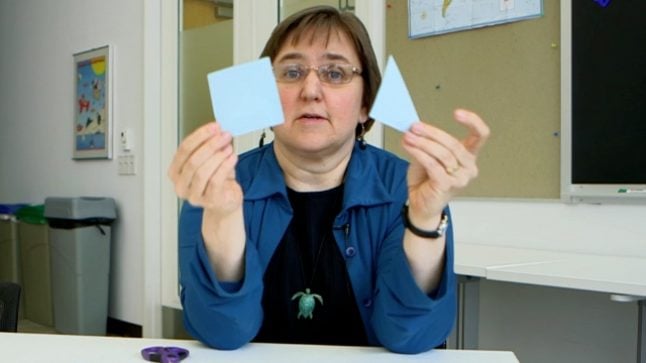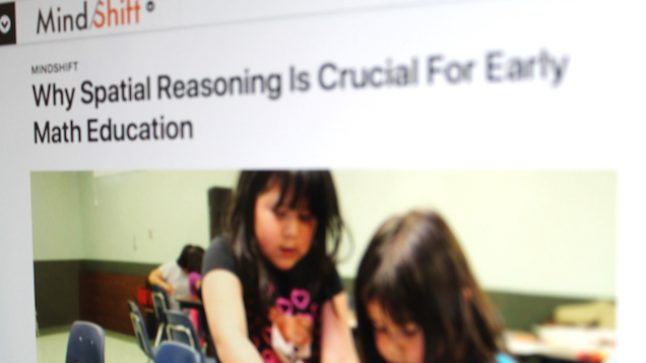Children between the ages of 3 and 6 are more than ready to develop their skills at expressing directions from different locations and understanding relative positions. They are fundamentally interested in modeling their world, whether in the block corner or the housekeeping area, and spatial relationships are a large part of what they grapple with there. The more such experiences they have, particularly in the company of adults who help to mathematize them, the easier it will be to make their own representations of space mathematically precise when they get to geometry class.
Copyright: Erikson Institute’s Early Math Collaborative. Reprinted from Big Ideas of Early Mathematics: What Teachers of Young Children Need to Know (2014), Pearson Education.

